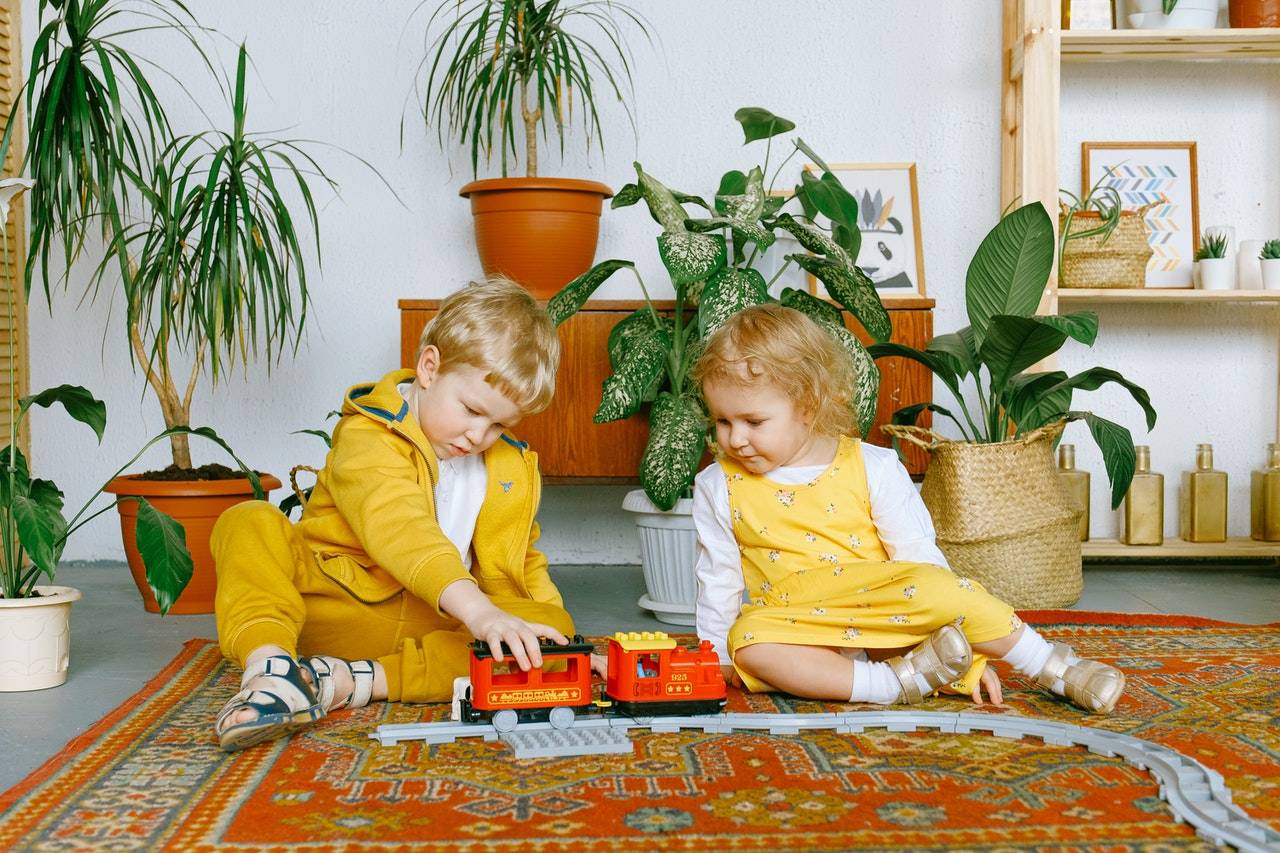The Benefits Of Imaginative Play For Children’s Development

Imaginative play has a host of benefits for children’s development: it encourages the use of more sophisticated language and social skills, improves creativity and problem-solving abilities, and keeps them physically active and emotionally happy. Imaginative play is essentially make-believe or role-play that involves acting out imaginary plots, fantasies, or experiences. By encouraging imaginative play, parents can help their children develop key skills in a fun, healthy way.
Strengthening self-regulation and problem-solving skills
Imaginative play is an effective way to help improve your child’s problem-solving and self-regulation skills. For example, during imaginative play with a group of friends, incidents may arise in which some participants don’t get their way. So, if just one child gets to be the king or queen, other children who perhaps also wanted this role but didn’t get it will have to learn how to manage and cope with difficult emotions in order to continue playing.
Learning positive behavior
Imaginative play is an effective way to help teach your child healthy, positive behavior through fun learning opportunities. For instance, if your child’s cooking with their kitchen-related toys, you could ask them questions like, “What are you making?” or “What do you need to do next?” You can also talk through any problems (“Oh no, the onions are burning!”) Learning opportunities like this help teach your child key functional skills and develop their ability to navigate difficult situations with your help and supervision.
How to encourage imaginative play
By encouraging your child to participate in imaginative play, you can help aid their development. Most importantly, let your child play regularly and often. They need as much playtime as possible to explore imaginative play and see where it takes them. Make sure your child has no shortage of props. For example, blankets and sheets can be used to build blanket forts. Lightweight blankets make great roofs, while softer, thicker blankets can help create a cosy interior. Play partners are also an important element of imaginative play, so make sure your child has the opportunity to play with both their peers and adults. Fancy dress parties (with either friends or adults) are another fun opportunity for imaginative play.
Imaginative play is crucial for children’s development. In addition to boosting creativity, self-regulation skills, and positive behaviors, imaginative play is also essential for your child’s happiness and emotional wellbeing.
